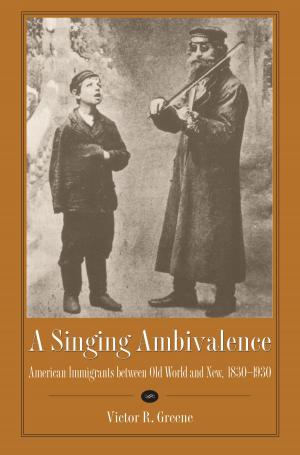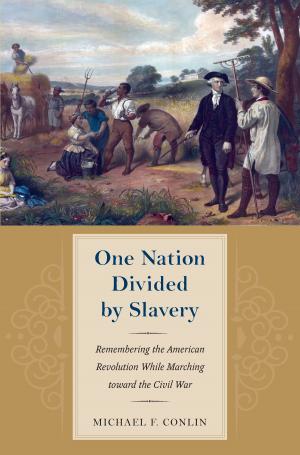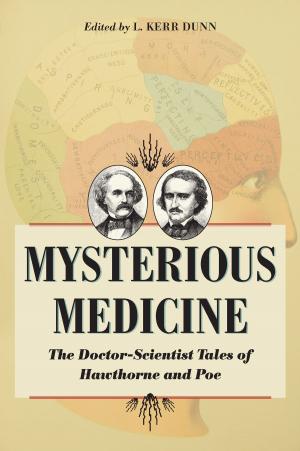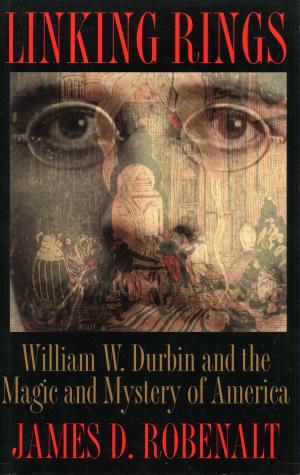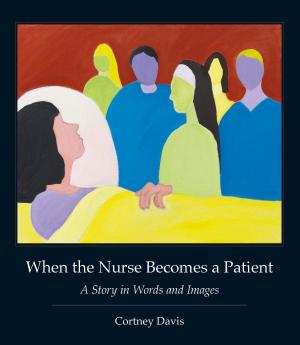The Seven Deadly Sins in the Work of Dorothy L. Sayers
Fiction & Literature, Literary Theory & Criticism, Women Authors, Poetry History & Criticism| Author: | Janice Brown | ISBN: | 9781612778884 |
| Publisher: | The Kent State University Press | Publication: | June 15, 1998 |
| Imprint: | The Kent State University Press | Language: | English |
| Author: | Janice Brown |
| ISBN: | 9781612778884 |
| Publisher: | The Kent State University Press |
| Publication: | June 15, 1998 |
| Imprint: | The Kent State University Press |
| Language: | English |
The impact of Dorothy L. Sayer’s work is a powerful one. She was a gifted artist who worked in many genres and addressed many issues, but her achievement goes beyond creative skill and variety of range. What she consistently communicates about Sin—the basic problem of human existence—provides a core of content which evokes, as she believed artistic work should, a spiritual “response in the lively soul” (The Zeal of Thy House).Janice Brown examines Sayer’s major works, beginning with her early poetry and moving through her works of fiction to the dramas, essays, and lectures written in the last years of her life. She illustrates how Sayers used popular genres to teach about sin and redemption, how she redefined the Seven Deadly Sins for the twentieth century, why she stopped writing mysteries, and her application of the concepts of sin and redemption to society as a whole.
The impact of Dorothy L. Sayer’s work is a powerful one. She was a gifted artist who worked in many genres and addressed many issues, but her achievement goes beyond creative skill and variety of range. What she consistently communicates about Sin—the basic problem of human existence—provides a core of content which evokes, as she believed artistic work should, a spiritual “response in the lively soul” (The Zeal of Thy House).Janice Brown examines Sayer’s major works, beginning with her early poetry and moving through her works of fiction to the dramas, essays, and lectures written in the last years of her life. She illustrates how Sayers used popular genres to teach about sin and redemption, how she redefined the Seven Deadly Sins for the twentieth century, why she stopped writing mysteries, and her application of the concepts of sin and redemption to society as a whole.

